The saffron bowl of India, so far confined to parts of Kashmir, has now spread its wings to parts of the North East through the focused efforts of the North East Centre For Technology Application & Reach (NECTAR).
The Northeast saw the successful cultivation of saffron for the first time in Yangang village of South Sikkim. It is now being expanded to Twang, Arunachal Pradesh and Barapani, Meghalaya.
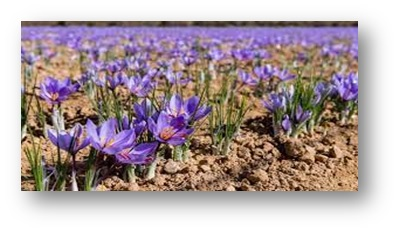
NECTAR, an autonomous institute of the Department of Science and Technology (DST) formed in the year 2012, with the merger of the erstwhile National Mission on Bamboo Applications (NMBA) and Mission on Geospatial Applications (MGA), with a mandate to be a solutions designer and a partnership institution providing technology applications and garnering support for the region’s development problems, has also boosted technology for sustainable harnessing of the region’s natural resources. It has expanded honey production in Nagaland, produced eco-friendly yoga mats from water hyacinth and also helped in promoting the bamboo sector through value addition and providing market linkages.
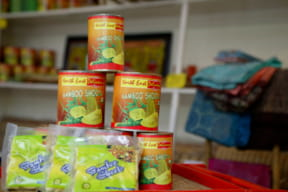
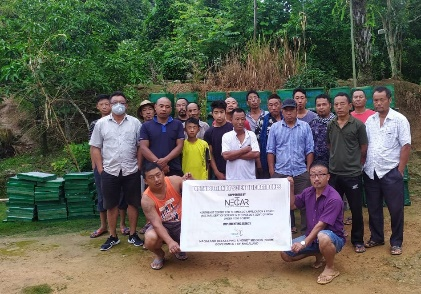
For sustainable development of the traditional pottery sector, NECTAR has supported improvement and sustainability of the Traditional Terracotta and Pottery Business in Asharikandi, Dhubri, Assam. It has helped preserve the ancient heritage art of ‘Charei Taba Pottery’ (Coil Pottery) in Imphal-East Manipur and strengthened trade in cultural goods offering sustainable livelihoods. It has also provided employment opportunities and empowered women and tribal potters.
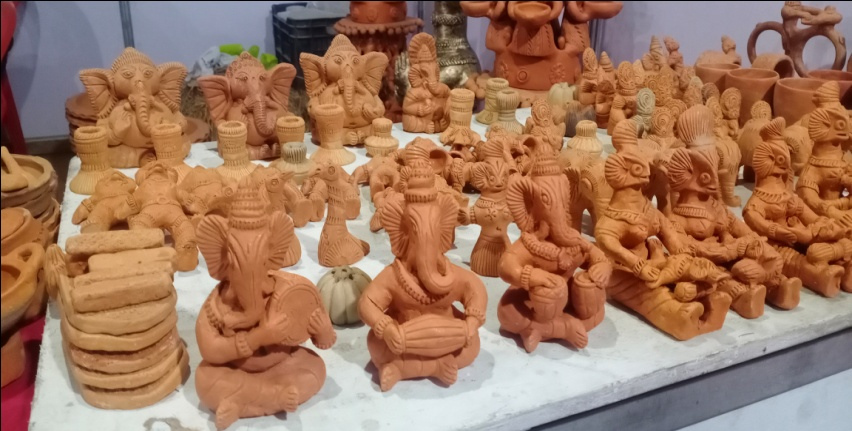
In the past, NECTAR has succeeded developing a range of bamboo-based products, conducted neighbourhood mapping and GIS analysis of different categories of schools (including primary, upper primary etc.) using 3D Digital Terrain Model in Assam and Manipur, photographed and mapped 500 sq km tsunami vulnerable area using in-house developed micro-UAV for Indian National Centre for Ocean Information Services.
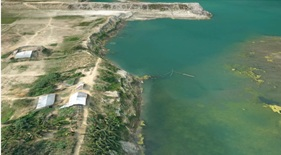
In order to treat Assam’s Arsenic and heavy metal contamination in water , NECTAR has set up four Mitigation Plants (based on technology developed in IIT Kharagpur) on pilot basis in four districts of Assam and expanded them in other affected areas.
State Specific TDCs (Technology Demo Centre) have been established to develop awareness among local people about the know-how of various technologies and their useful applications. A Bamboo-based TDC has been established in collaboration with the Bamboo & Cane Development Institute (BCDI), Agartala, Tripura, for promotion of the bamboo sector, its value addition and establishing market linkage. A Joint Centre called NECTAR-BCDI Incubation cum Innovation & Technology Demonstration Centre (IITDC)" has also been set up in the BCDI campus, Agartala, for training and skill development of participants across the NE region and other parts of the country.
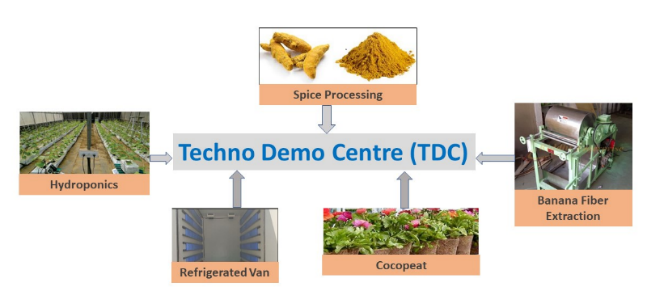
Besides providing technological solutions and garnering support for addressing the region’s development problems, NECTAR facilitates platforms to connect technology providers with technology seekers in the NER through brainstorming conclaves to ensure exchange and cross-learning among different stakeholders working towards the development and adaptation of technologies. These encourage entrepreneurs, startups, and organizations to take solutions to the field for implementation, NECTAR's ultimate aim.






























